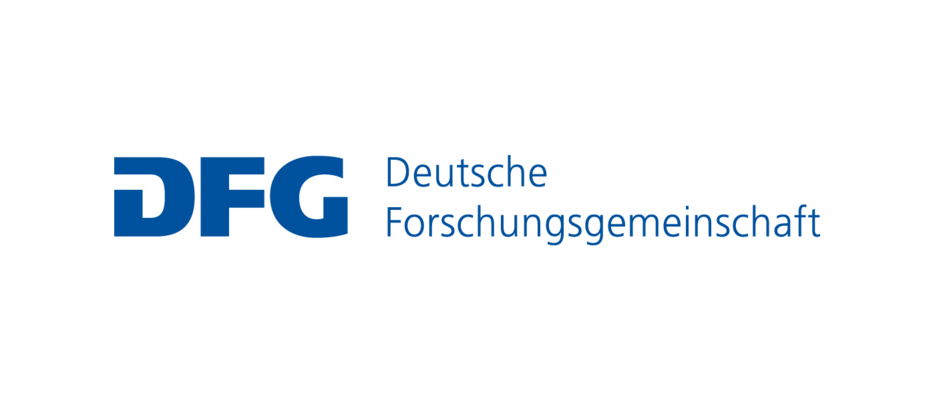Minerva: Performance prediction of microservice applications with black-box container orchestration (DFG)
10/04/2023The Minerva project focuses on predicting both transient and steady-state performance of microservice applications in container orchestration environments, such as those managed by Kubernetes. By developing new models, simulation algorithms, and benchmarks, as well as treating adaptation mechanisms of container orchestration frameworks as black-boxes, it aims to provide comprehensive and tangible insights into system behaviors and optimization opportunities.
Description:
The Minerva project aims to predict the performance of microservice applications in container orchestration (CO) environments. These environments are managed by CO frameworks like Kubernetes and offer self-adaptive mechanisms - e.g., autoscaling or failure recovery mechanisms - that profoundly impact application performance. However, such mechanisms often operate as a black-box to developers, obfuscating performance properties and optimization opportunities for microservices and their orchestrators. As a result, key questions arise, such as how to configure these adaptation mechanisms for optimal performance and cost, and how the system behaves in transient phases like when adapting to sudden load spikes or node failures. Existing performance prediction approaches focus on steady-state performance and require explicit modeling of possible adaptations. However, this is challenging due to the vast number of potential adaptations and the complexity of machine learning-based adaptation techniques. To address this issue, the Minerva project will model adaptation mechanisms as black-boxes - allowing for a microservice simulation to directly interface with real CO components.
The main objectives targeted by the project include:
- Designing modeling formalisms to capture the system aspects relevant for predicting both transient and steady-state performance of modern microservice applications in black-box CO environments
- Implementing efficient and scalable algorithms for simulating the performance of a system modeled using the proposed modeling formalisms
- Applying novel analysis algorithms and workflows to interpret the results obtained from the aforementioned steps
Additionally, a new benchmark and metrics for a standardized comparison of adaptation mechanisms based on the proposed simulation framework is planned. Various case studies will be conducted to validate the developed methods, models, and tools, and to verify the overall approach's quality.
People involved: Samuel Kounev, Martin Sträßer, Timo Dittus, Yannik Lubas
Project start: October 2023
Project end: September 2026
Back



